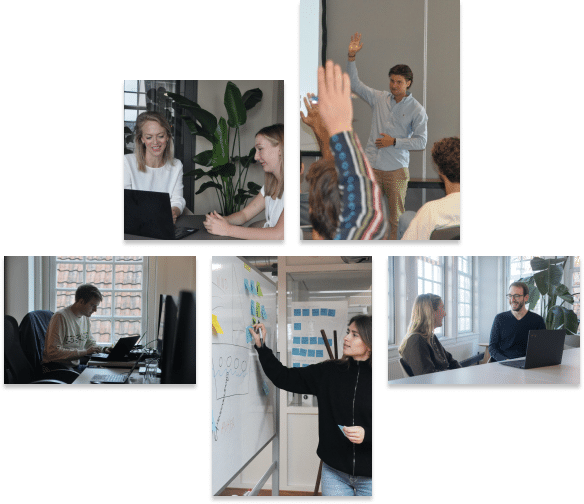ChatGPT is everywhere, transforming the way we approach operations and strategies across various industries. In this article, we delve into the insights and perspectives shared by Casper Rutjes (CTO) whose expertise offers a unique and valuable perspective on the widespread adoption of ChatGPT and Large Language Models (LLMs). Keep reading to gain insights on your organisation’s most pressing questions in the age of ChatGPT.
ChatGPT is everywhere, but how can LLMs revolutionise our operations and strategies?
LLMs can revolutionise operations by automating complex tasks, enhancing decision-making with predictive analytics, and personalising customer or user experiences. Key benefits include:
- Efficiency boosts or costs reduction
- Enhanced insights and user experience
- Increase in quality or completeness
So, what is the difference? The difference from traditional automation is that it enables the automation of ‘complex’ tasks compared to repetitive and/or ‘scriptable’-tasks. For example, translating and summarising ill-posed human written problem statements to an actionable list of steps, writing a custom database query for retrieving data, or differentiating output to any knowledge level and any language on the fly.
The actual number of use-cases is almost endless once one really understands the power and capabilities of the last generations of LLMs.
ChatGPT is everywhere, but how do we ensure compliant and ethical LLM use?
Compliance, in many ways, is the more straightforward aspect. It can be viewed in binary terms: either you are compliant, or you are not. The right infrastructure—whether cloud-based or on-premise—combined with robust processes and informed usage, ensures this.
Ethics, however, is a more nuanced conversation. While it is tempting to frame the ethical use of technology as a binary—does it benefit or harm? —this oversimplifies the issue. Such a perspective can lead us into vast debates on privacy, job displacement, and biases. These are crucial conversations, but they can sometimes overshadow actionable steps.
Historically, technology and society have evolved in tandem. We have shaped technology as much as it has shaped us. Instead of merely assessing technology through an ethical lens, we should use ethics as a compass to guide its development and application. Central to this is the principle of transparency and continuous dialogue with all stakeholders. A practical approach to this is the Guidance Ethics Approach, championed by Prof. Peter-Paul Verbeek (University of Amsterdam) and ECP (Platform for the Information Society).
ChatGPT is everywhere, but how do we start using LLM’s? We want real-world use cases that prove LLM's potential in our industry.
ADC has a comprehensive approach to this:
- Design Thinking: Start by identifying core business challenges and potential use-cases.
- Infrastructure: Establish (or lease) compliant and ethical development environments for experimentation and learning.
- Innovation Funnel: Progress through an innovation funnel for the identified use-cases and scale the successful models using a data-mesh and foundational models framework.
In parallel, consider provisioning a private, compliant instance of ChatGPT and IDE Co-pilot for your employees. This not only empowers them with AI-assisted tools but also promotes upskilling. It’s a proactive step that mitigates the risks associated with shadow IT. After all, prohibiting the use of tools like GPT is akin to denying someone a calculator for work-related computations.
ChatGPT is everywhere, so what challenges might we face while adopting LLMs, and how do we overcome them?
The primary challenges revolve around the rapid pace of technological change, adaptability, and the overarching difficulty for individuals, organisations, and regulators to fully comprehend and adapt to this seismic shift in paradigms.
These seismic shifts are not a novel phenomenon. Consider the advent of the typewriter or the automobile. While it is straightforward to envision the immediate implications for scribes or horse-carriage businesses, it needs a bit more creativity and imagination to envision the broader societal, business, and environmental ramifications. Reflecting on these historical innovations, how do you perceive their impact, and how does that shape your perspective on tools like GPT?
”My belief is that the key lies in embracing possibilities and ensuring that the benefits are distributed equitably across the triple bottom line (people, planet, and profit). This necessitates organisations to enhance their inherent agility and a collaborative, lean approach. And, please, do not read agility as the need to reach a 100% agile organisation. You do need a planning. Yes, you do.
Casper Rutjes (CTO)
Continue the conversation
For deeper insights or tailored advice, feel free to reach out to Casper Rutjes (CTO) for a chat.

What stage is your organisation in on its data-driven journey?
Discover your data maturity stage. Take our Data Maturity Assessment to find out and gain valuable insights into your organisation’s data practices.







